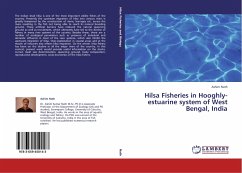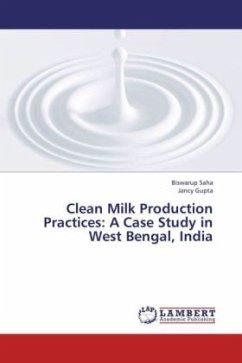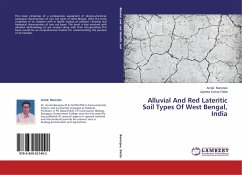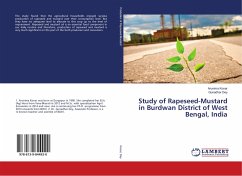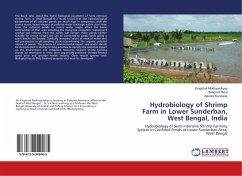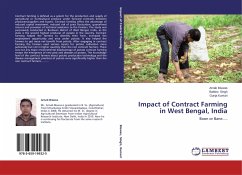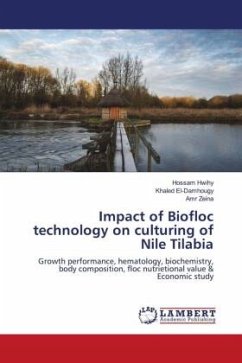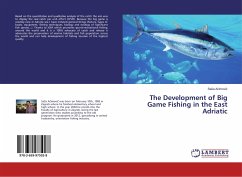The Indian shad hilsa is one of the most important edible fishes of the country. Presently the upstream migration of hilsa into various rivers is greatly hampered by the construction of dams, barrages etc. across the rivers resulting in the fish not being able to reach its natural breeding ground. These artificial barriers have reduced the natural spawning ground as well as recruitment, which ultimately have led to the decline of fishery in many river systems of the country. Besides these, there are a number of ecological parameters such as presence of industrial and domestic effluents in most of the river systems, which also inhibit the upstream migration of hilsa. Over-exploitation in coastal areas and at the mouth of estuaries also affects hilsa migration. On the whole, hilsa fishery has been on the decline in all the major rivers of the country. In this context, present work would provide useful information on the stocks, correct mesh size determination, spawning ground, bodycomposition, reproductive development, socio-economics of the hilsa fishers.

